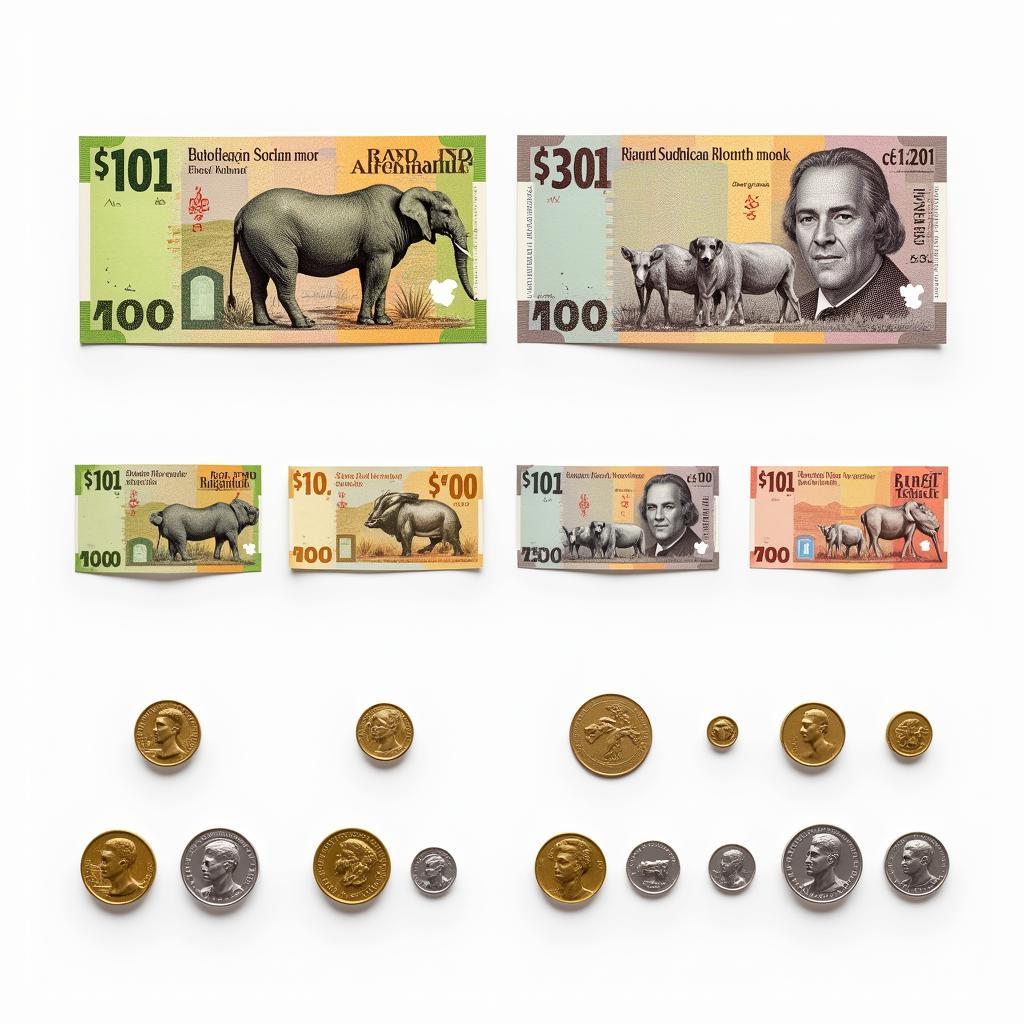African Cichlid Not Eating: Causes and Solutions
Your vibrant African cichlid isn’t eating? This is a common concern among cichlid owners and can stem from various reasons. Understanding why your African cichlid isn’t eating is crucial for its health and well-being. This article will delve into the potential causes and offer practical solutions to get your cichlid eating again.
Why is My African Cichlid Not Eating?
Several factors can contribute to an African cichlid’s loss of appetite. Stress from a new environment, changes in water parameters, or the introduction of new tank mates can all disrupt their feeding habits. Incorrect water temperature, pH levels, and ammonia or nitrite spikes can also cause stress and suppress appetite. Sometimes, the issue might be as simple as the food itself. Your cichlid might be picky or the food might be spoiled. Overfeeding can also lead to a lack of interest in food. Disease, though less common, is another possibility. Internal parasites or bacterial infections can significantly affect an African cichlid’s appetite. It’s important to observe your fish for any other symptoms like lethargy, fin clamping, or unusual spots.
You might find the information on African catfish diseases relevant, as some diseases can affect various fish species.
Diagnosing the Problem: A Step-by-Step Guide
- Check Water Parameters: Test your water for ammonia, nitrite, nitrate, pH, and temperature. Ensure they are within the optimal range for African cichlids.
- Observe Tank Mates: Are there any aggressive fish bullying your cichlid? Is there enough space for all the fish? Overcrowding can stress fish and lead to a loss of appetite.
- Examine the Food: Is the food fresh? Is it the type your cichlid usually enjoys? Try offering a different variety of high-quality cichlid food.
- Look for Physical Signs: Observe your cichlid for any signs of illness, such as white spots, fin rot, or unusual swelling.
Getting Your African Cichlid to Eat Again
Once you’ve identified the potential cause, you can take steps to address it. Here are some solutions:
- Water Changes: Regular partial water changes can help maintain optimal water quality and reduce stress.
- Adjust Diet: Offer a variety of foods, including flakes, pellets, and frozen or live foods. Consider trying high-quality cichlid-specific food.
- Reduce Stress: Ensure the tank environment is appropriate, with plenty of hiding places and suitable tank mates. Consider adding African cichlid tank rocks to create a natural habitat.
- Treat for Illness: If you suspect illness, consult a veterinarian or aquatic specialist for diagnosis and treatment options.
What if My African Cichlid Still Isn’t Eating?
If you’ve tried all the above and your African cichlid is still not eating, it’s crucial to seek professional help. A qualified aquatic veterinarian can diagnose underlying health issues and recommend appropriate treatment.
“A sudden change in eating habits is a red flag,” says Dr. Anika Sharma, a renowned aquatic veterinarian. “Don’t wait too long to seek professional help if your cichlid continues to refuse food.”
Learning about other African aquatic life can be insightful. For example, the fascinating African goldfish.
Conclusion
An African Cichlid Not Eating can be a worrying sign, but with careful observation and appropriate action, you can often resolve the issue. By understanding the potential causes and implementing the solutions outlined in this article, you can help your African cichlid regain its appetite and thrive. Remember to monitor your fish closely and seek professional help if necessary. Early intervention is key to ensuring the health and well-being of your African cichlid.
FAQs
- How long can an African cichlid go without eating?
- What are the signs of a sick African cichlid?
- How often should I feed my African cichlid?
- What is the ideal water temperature for African cichlids?
- How can I reduce stress in my cichlid tank?
- What are some common diseases in African cichlids?
- What types of food are best for African cichlids?
Other Related Questions:
- How do I set up the ideal tank environment for African cichlids?
- What are the best tank mates for African cichlids?
- How can I breed African cichlids successfully?
You might also be interested in learning about African ants for sale or African glass painting designs.
For further assistance with your African cichlid, please contact us at Phone Number: +255768904061, Email: kaka.mag@gmail.com or visit our address: Mbarali DC Mawindi, Kangaga, Tanzania. We have a 24/7 customer support team.



